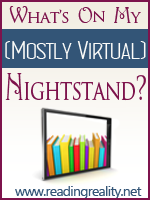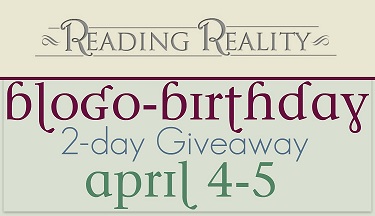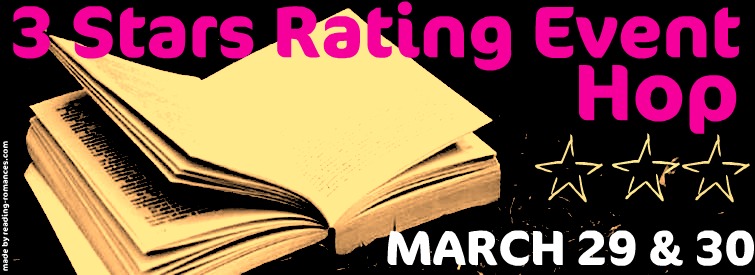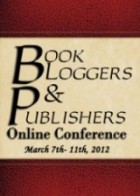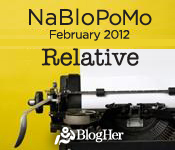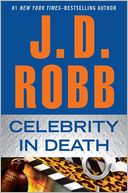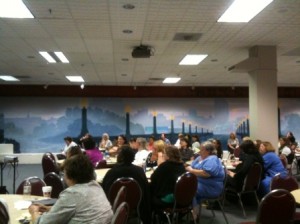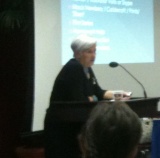 To Be or Not To Be? Not exactly.
To Be or Not To Be? Not exactly.
This is a book blog and this is a blog hop asking the question, “should authors comment on reviews?”
So perhaps better is “To Comment or Not to Comment?”
 The blog hop was inspired by the recent 3 Star Ratings Event. Nat @ Reading Romances decided to create today’s event as an opportunity for us book bloggers and reviewers to say what we expect from authors when we post reviews of their books.
The blog hop was inspired by the recent 3 Star Ratings Event. Nat @ Reading Romances decided to create today’s event as an opportunity for us book bloggers and reviewers to say what we expect from authors when we post reviews of their books.
So it’s up to each blogger to answer that age-old question, “Should Authors Comment on Reviews?”
On the one hand, I want the author to know I’ve reviewed their book. I want the publisher to know about it too. I want it so bad that I tweet my review to both of them. Some authors reply to the tweet. Some re-tweet, especially if the review is good. Sometimes the publishers will re-tweet.
 But yes, I expect the tweet to get some traffic. That’s the point. I agonize over those 140 characters, hoping to maximize their impact. I tweet my reviews because I want somebody to pay attention.
But yes, I expect the tweet to get some traffic. That’s the point. I agonize over those 140 characters, hoping to maximize their impact. I tweet my reviews because I want somebody to pay attention.
The author, and the publisher, are likely to be the two parties most interested in whatever I said about the book. It’s logical.
And the economy has changed. I don’t mean the money economy, although, let’s face it, that too. I mean the information/attention economy. It used to be that information was expensive and attention was cheap. Now it’s the other way, information is easy to get, it’s attention that hard to grab.
Reviews are attention, especially for small press/ebook-only/self-published books.
So yes, I think it’s terrific when an author comments, even when it’s just to say “thank you”. Particularly when they thank the other commenters who are saying they might read the book.
When I start with “on the one hand” I generally have another hand hidden behind my back. In this case, that other hand is Ebook Review Central.
Every week, the Monday Ebook Review Central wrap-up highlights the three most and best reviewed titles from one (or more) of the ebook publishers for the month. The featured titles are always going to be the big hits, because that’s the point. I comb through all the reviews to tally which three books got the most recognition from reviewers.
It’s totally recognition of who did well, and why. Also a recommendation that these are the books that people loved, so, if you (person reading the post) like the type of story represented, and haven’t yet read this, you might want to check out all these reviews conveniently linked here, and see if you want to read it too.
Since the ERC post emphasizes the positives (the books that don’t get reviewed a lot are in the database, I just don’t talk about them much), I would love, love, love to get more authors (and readers) commenting on the Ebook Review Central posts.
But we’ve all heard that some people feel “intimidated” if the author might comment on the review or in the comments to a post.
 Please comment here! How do you feel? Do you like seeing authors comment on their reviews? Do you like seeing authors participate in book blog commentary in general?
Please comment here! How do you feel? Do you like seeing authors comment on their reviews? Do you like seeing authors participate in book blog commentary in general?
If you want to read what others are saying on this topic, here are the links to all the participating blog hops:




